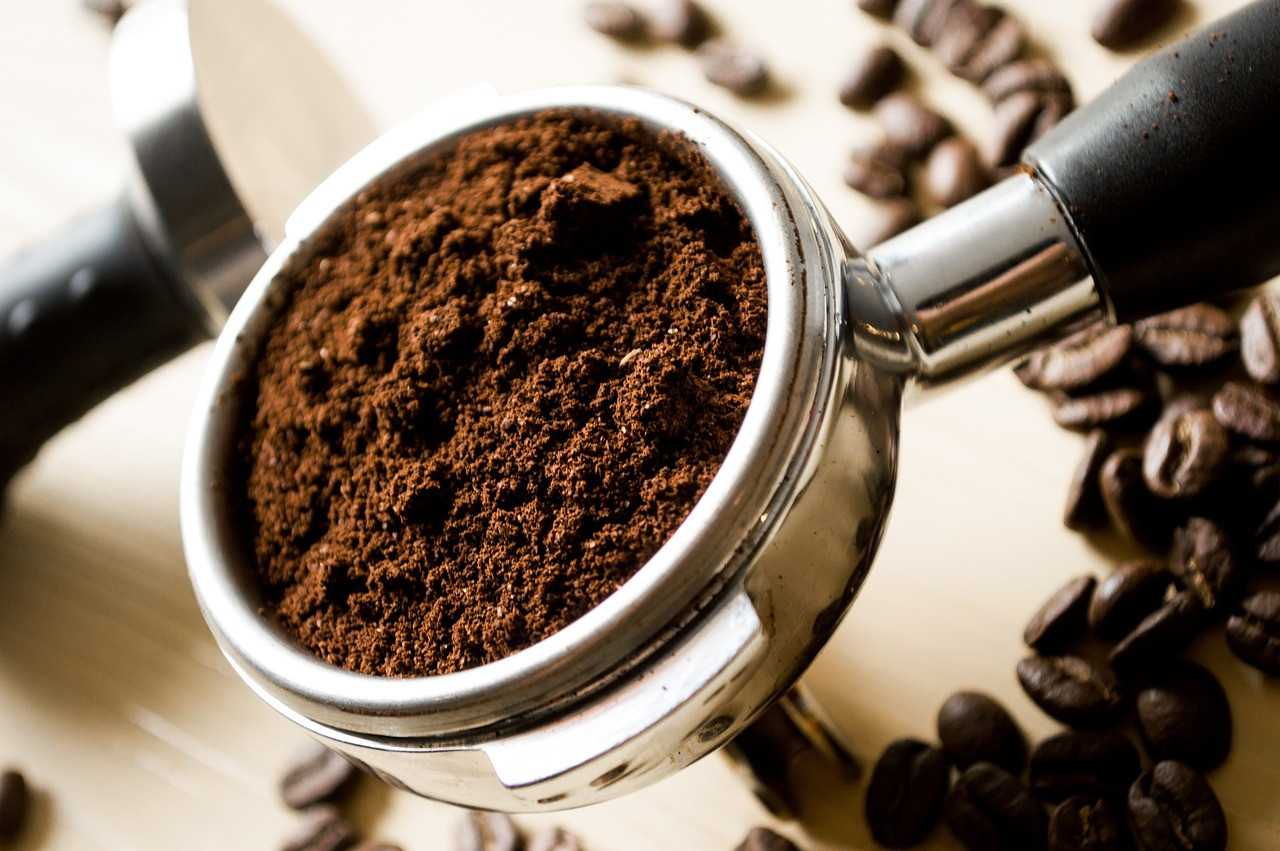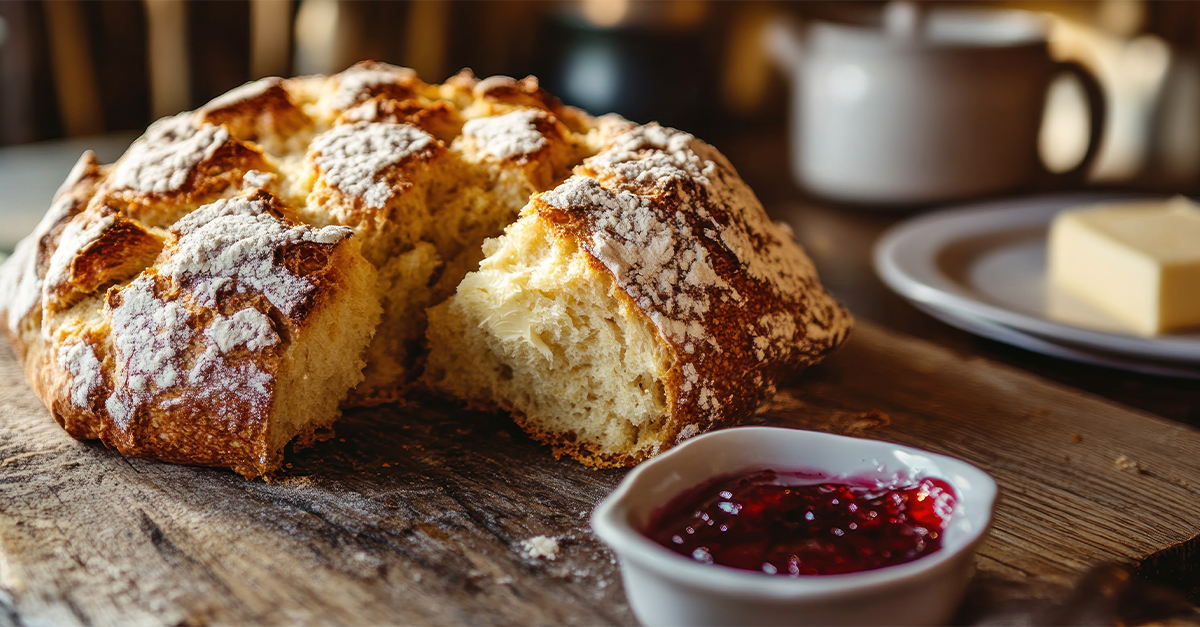Over the years, coffee has been blamed for everything from raising blood pressure to irritating stomachs, and disrupting sleep. But more recent scientific research has brought a more enlightened attitude. A growing body of literature suggests that moderate coffee drinking may give serious health benefits. Like most good things, it’s how you go about it that matters.
Brimming Over With Antioxidants And Nutrients
Coffee is more than just a shot of caffeine. It’s one of the richest sources of antioxidants around today. Compounds like chlorogenic acid, cafestol, and melanoidins help combat oxidative stress and inflammation. According to the Journal of Nutrition, coffee provides more antioxidants to the average American than fruits and vegetables put together.
Lower Risk Of Chronic Diseases
Studies linked regular coffee consumption to a lower risk of several chronic diseases. A 2021 Harvard School of Public Health review said coffee drinkers had reduced risks of type 2 diabetes, Parkinson’s disease, Alzheimer’s, and liver conditions like cirrhosis and liver cancer. Even moderate daily intake (2–4 cups) shows salutary effects across diverse populations.
Heart Health And Longevity
Contrary to the old coffee paradigm, the drink doesn’t appear to increase the risk of heart disease in most people. As a matter of fact, a paper in the European Journal of Preventive Cardiology found that two or three cups a day was tied to a lower risk of heart-related death. Another report in the New England Journal of Medicine linked moderate coffee intake with reduced all-cause mortality.
Human Rocket Fuel: Mental Performance And Mood Boost
Caffeine is renowned as a stimulant and improves alertness, memory, and cognitive function. Studies also suggest coffee consumption is associated with lower risk of depression. A large-scale study in the journal JAMA Internal Medicine found that people drinking several cups of coffee per day were far more productive, and way less likely to report symptoms of depression.
Things To Keep In Mind: Sugar, Cream, And Calories
The health of coffee depends a lot on how you drink it. Sugar, syrupy sweeteners, and heavy cream can turn what would’ve been a healthy beverage into a calorie bomb. A 16-ounce flavored latte from a coffee chain can contain over 300 calories and more than 10 teaspoons of sugar! For best results, drink your coffee black or with a splash of milk and minimal sweetener.
Caffeine Sensitivity And Overconsumption
Most people tolerate caffeine just fine, but others can experience jitters, insomnia, or increased heart rate. Too much caffeine disrupts sleep and ramps up anxiety, especially for more sensitive people. The FDA recommends no more than 400 mg of caffeine a day: roughly four 8-ounce cups of brewed coffee. Pregnant women and those with heart conditions may need to limit intake more than that (FDA). Talk to a doctor or dietitian if you’re at all in doubt about this.
Gut Check: Coffee’s Acidity
Coffee can be quite acidic, aggravating symptoms in people with acid reflux, ulcers, or sensitive stomachs. Cold brew, which is less acidic, is the best bet for those with gastrointestinal sensitivity. Get organic, high-quality beans and filter your brew to reduce potential irritants and oil residues.
The Healthy Coffee Drinker’s Game Plan
To get all the health benefits of coffee and none of the downsides, read on, and follow a few of these simple tips: skip sugar and flavored syrups; limit cream and use plant-based or low-fat milk; avoid caffeine in the afternoon to preserve sleep; choose filtered or cold brew over unfiltered French press for heart health; listen to your body’s tolerance; last but not least, don't think coffee is an excuse to start eating more muffins and donuts, etc, to go with it!
Enjoy Coffee As Part Of A Balanced Lifestyle
The bottom line is that coffee can be a healthy and even protective part of your diet. Its mix of antioxidants, low calorie content (when black), and potential ability to reduce disease risk make it more than just something to wake you up. Ease up on your intake, cut out calorie-heavy additives, and coffee drinking could be one of the healthiest habits you ever start!
You May Also Like:
Strategies For Eating Well When You’re Too Busy To Cook
Rachel's Infamous Trifle Recipe From "Friends"—Would You Dare Try?
Foods You Need To Eat To Live Longer—And What To Stay Away From










